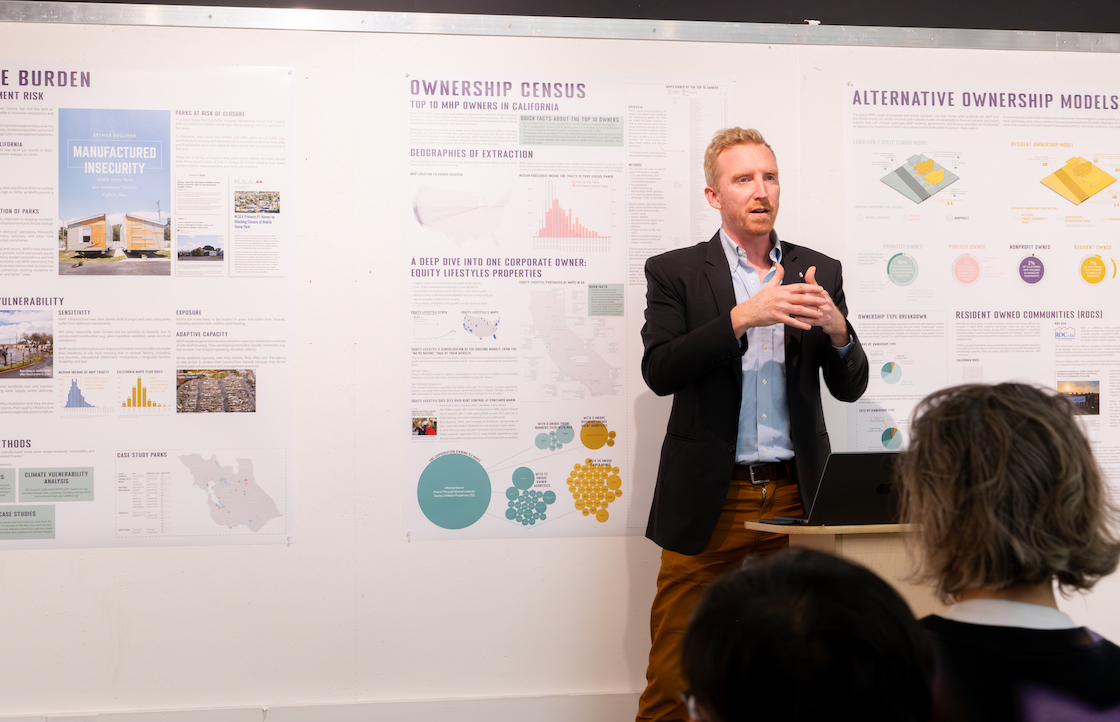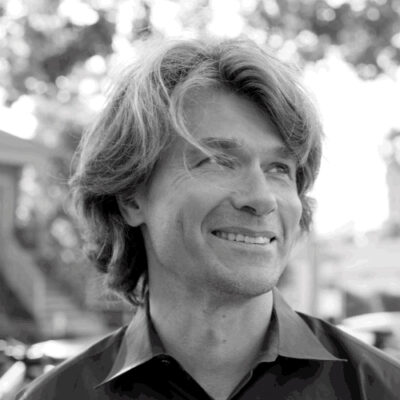About the Department of City & Regional Planning
Welcome to the Department of City & Regional Planning. Ours is an interdisciplinary field seeking to shape the socio-spatial evolution of neighborhoods, cities and regions by empowering social actors to envision, plan, and shape better futures.
We incorporate interdisciplinary ideas and methods, from political science to anthropology to engineering, while we nurture a planning sensibility in our students: a willingness to confront tough challenges, utilize innovative planning and design techniques, and embrace normative goals.

The department’s mission is to improve equity, the economy and the environment in neighborhoods, communities, cities, and metropolitan regions by creating knowledge and engagement through our teaching, research and service. We strive to offer an equitable, inclusive, and diverse environment that fosters cutting-edge research and inspires our students to create cities that are sustainable, accessible, affordable, and enjoyable.
We are focused on three challenges facing cities and regions around the globe. The first is widening inequalities and disparities with respect to income and wealth, race, quality of education and urban services, access to employment opportunities, and environmental health. The second is global climate change and resource scarcity, as increasingly complex threats challenge the ability of cities to function after major disruptions and displacements, whether sudden or gradual. And the third is growing demands for clean, healthy, reliable, and accessible public infrastructure and urban services. Creative analysis, planning, and design are needed to effectively manage these problems. DCRP faculty are using critical inquiry to inform practice, leading in the data science and informatics movement, and finding new ways to incorporate community voices.

Given its global leadership in climate change legislation, California is an ideal laboratory to study policy innovation, but our faculty also conduct research around the world, in cities from Lagos to Sao Paulo. We offer solutions to urban challenges that are grounded in theory and analysis.
Our undergraduate and graduate programs consistently lead in global rankings of excellence. We proudly train top-notch practitioners and professors in sustainable transportation and land use, housing, economic development, urban health and social policy, environmental sustainability, global urbanization and poverty, and urban design for livable places. Throughout our educational and research programs, we strive to be a model in terms of inclusion, whether locally, nationally, globally, or here at home in Bauer Wurster Hall.
Housed at UC Berkeley, we always keep in mind the constraints, obligations, and opportunities of the public university. Land grant universities such as ours were founded to strengthen their home regions. We embrace that challenge by continually linking community and classroom through applied research that facilitates broad participation and influences public policy-making.
Dan Chatman
Chair, Department of City & Regional Planning
-
 Chair and Professor of City & Regional Planning; Perloff Family Chair in City & Regional Planning
Chair and Professor of City & Regional Planning; Perloff Family Chair in City & Regional Planning
Contact
Department of City & Regional Planning
University of California, Berkeley
228 Bauer Wurster Hall # 1850
Berkeley, CA 94720-1850
dcrpadmin@berkeley.edu
510.642.3256 711 CA Relay
Graduate advising: dcrpgrad@berkeley.edu, 510.643.9440 711 CA Relay
Undergraduate advising; 250 Bauer Wurster Hall; cedadvising@berkeley.edu; 510.642.4943 711 CA Relay